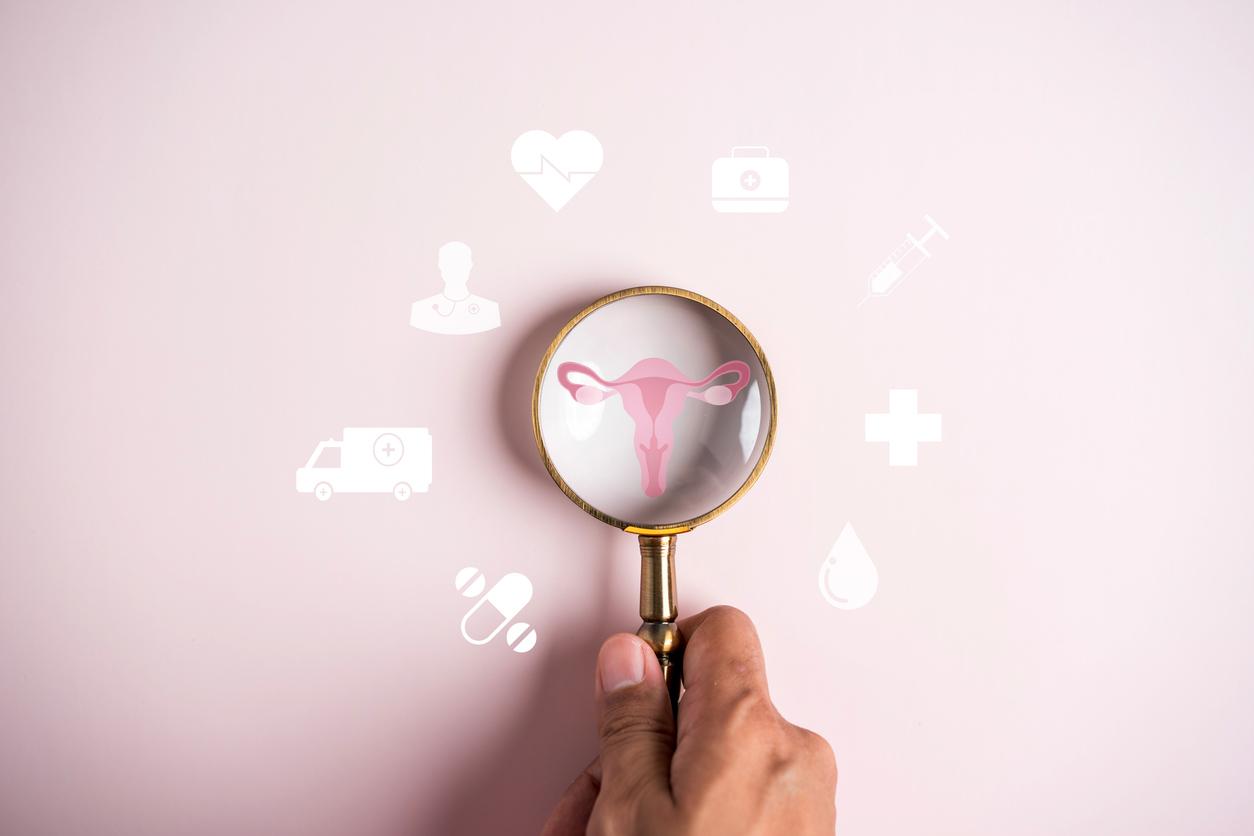Human papillomavirus (HPV) infection is the most common sexually transmitted infection, affecting almost 80% of women and men during their lifetime. A new campaign begins today to raise awareness of vaccination among young people, both boys and girls.
-1610968879.jpg)
- The new vaccination campaign against the papillomavirus is aimed primarily at adolescents.
- She recalls that vaccination works just as well for girls as for boys, and that it is recommended from the age of 11, that is before the start of their sexual life.
Adolescence is the beginning of many processes, including sexual life. While the first sexual intercourse takes place at the age of 17 on average for both girls and boys, this is the age to warn them about the various sexually transmitted infections, such as the papillomavirus for example.
An advertising campaign, designed by the Initiative for patients with gynecological cancers (Imagyn), will be broadcast as a priority on social networks and on television to speak to young people. Focused on the debates they may have at that age on sexuality, the campaign reminds us that vaccination against the papillomavirus is recommended for both boys and girls, and that it can be done from 11 years old.
A common but potentially fatal infection
Human papillomavirus (HPV) infection is the most common sexually transmitted infection, affecting almost 80% of women and men during their lifetime. This pathology would be responsible for 6,000 cancers per year and would promote the development of cancer of the cervix in women. According to figures from Public Health France, vaccination against the papillomavirus could prevent 1,100 deaths per year in women with uterine cancer.
If the HPV vaccine has been recommended for young girls since 2008, since last year, on the advice of the High Authority for Health, HPV vaccination was extended to boys. According to the public authority, this initiative would allow “subject to sufficient vaccination coverage, to curb transmission within the general population, and thus better protect boys and men, regardless of their sexual orientation, but also better protect unvaccinated girls and women.”
Vaccinate to avoid health complications
Vaccination against HPV is carried out in two injections when it is carried out between 11 and 15 years old, and three injections between 15 and 19 years old. Fully reimbursed by Social Security since January 1, 2021, it aims to curb the rise of this sexually transmitted infection even before adolescents begin their sexual life. In addition, the papillomavirus, in addition to promoting cervical cancer, can also create problems in women of childbearing age.
The stated objective of this campaign is to increase the number of young people vaccinated, which was only 19% in 2018 according to figures from Public Health France, which hopes to reach 60% vaccinated.
Find the papillomavirus vaccination campaign spot produced by Imagyn:
.















